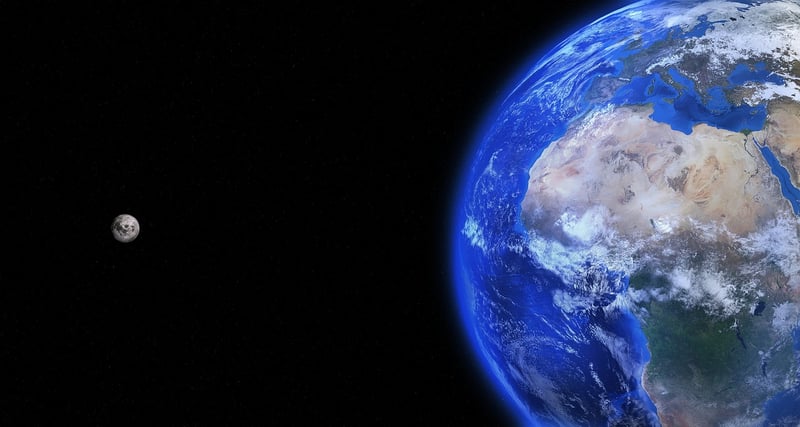Colonization Prospects
Assessing Potential Life Support and Colonization Prospects
Exploring the possibility of life support and colonization beyond Earth is a topic that has fascinated scientists, researchers, and science fiction enthusiasts for decades. With advancements in technology and a better understanding of other celestial bodies, the idea of humans living on other planets is no longer confined to the realm of imagination.
Factors to Consider for Life Support
When evaluating the potential for life support on other planets, several key factors come into play:
- Availability of water: Water is essential for life. Planets with accessible water sources have a higher potential for supporting life.
- Atmospheric conditions: The presence of a breathable atmosphere is crucial for humans to survive without the need for specialized equipment.
- Temperature range: Planets with moderate temperatures are more likely to support life as extreme temperatures can be challenging for human habitation.
- Presence of nutrients: Nutrients in the soil or atmosphere are necessary for growing food and sustaining life in the long term.
Potential Colonization Prospects
While many celestial bodies have been considered for potential colonization, Mars stands out as one of the most promising candidates:

Mars has captured the imagination of scientists and space agencies due to its similarities to Earth in terms of day length and axial tilt. Recent missions to Mars have provided valuable data about its geology, atmosphere, and potential resources.
Other potential candidates for colonization include moons like Europa and Titan, which have subsurface oceans and unique environments that could support life in some form.
Conclusion
Assessing potential life support and colonization prospects beyond Earth is a complex yet exciting endeavor. By considering factors like water availability, atmospheric conditions, and temperature range, scientists can identify suitable candidates for human habitation in the future. While challenges remain, continued exploration and research may one day lead to the realization of interplanetary colonization.
